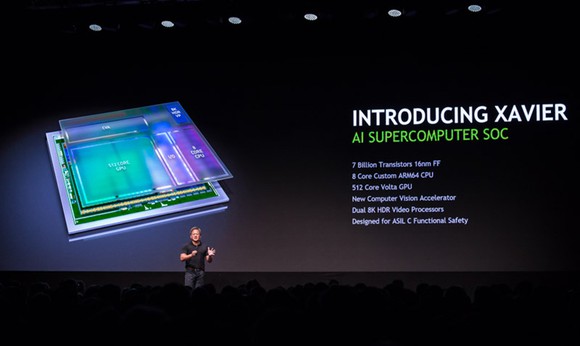
Breaking News
 WOW Canada Is UPPING ITS KILLING EFFORTS By Building SECRET DEATH DENS...
WOW Canada Is UPPING ITS KILLING EFFORTS By Building SECRET DEATH DENS...
 "This Is What They Don't Want You To Know" | Whitney Webb
"This Is What They Don't Want You To Know" | Whitney Webb
 Refueling a NUCLEAR REACTOR - Smarter Every Day 311
Refueling a NUCLEAR REACTOR - Smarter Every Day 311
 My Exclusive Interview With Benjamin Netanyahu! (You didn't see this coming)
My Exclusive Interview With Benjamin Netanyahu! (You didn't see this coming)
Top Tech News
 The 6 Best LLM Tools To Run Models Locally
The 6 Best LLM Tools To Run Models Locally
 Testing My First Sodium-Ion Solar Battery
Testing My First Sodium-Ion Solar Battery
 A man once paralyzed from the waist down now stands on his own, not with machines or wires,...
A man once paralyzed from the waist down now stands on his own, not with machines or wires,...
 Review: Thumb-sized thermal camera turns your phone into a smart tool
Review: Thumb-sized thermal camera turns your phone into a smart tool
 Army To Bring Nuclear Microreactors To Its Bases By 2028
Army To Bring Nuclear Microreactors To Its Bases By 2028
 Nissan Says It's On Track For Solid-State Batteries That Double EV Range By 2028
Nissan Says It's On Track For Solid-State Batteries That Double EV Range By 2028
 Carbon based computers that run on iron
Carbon based computers that run on iron
 Russia flies strategic cruise missile propelled by a nuclear engine
Russia flies strategic cruise missile propelled by a nuclear engine
 100% Free AC & Heat from SOLAR! Airspool Mini Split AC from Santan Solar | Unboxing & Install
100% Free AC & Heat from SOLAR! Airspool Mini Split AC from Santan Solar | Unboxing & Install
 Engineers Discovered the Spectacular Secret to Making 17x Stronger Cement
Engineers Discovered the Spectacular Secret to Making 17x Stronger Cement
In 2016 Supercomputers merged with AI and by 2018 there will AI machines with Exaflop power

The biggest developments in computing
* The Google Deep mind AI beat a worldclass champion Go player
* Current and future Supercomputers are mainly being built and targeted to advanced deep learning and artificial intelligence
* Deep learning is better than people at
* China made a supercomputer nearly three times faster than the previous fastest. The 93 petaflop Sunway TaihuLight
* The USA, Japan, Europe and China have funded projects to develop ExaFlop class supercomputers
In 2016, Nvidia introduced Xavier, the most ambitious single-chip computer they have ever undertaken — the world's first AI supercomputer chip. Xavier is 7 billion transistors — more complex than the most advanced server-class CPU. Miraculously, Xavier has the equivalent horsepower of DRIVE PX 2 launched at CES earlier this year — 20 trillion operations per second of deep learning performance — at just 20 watts.



